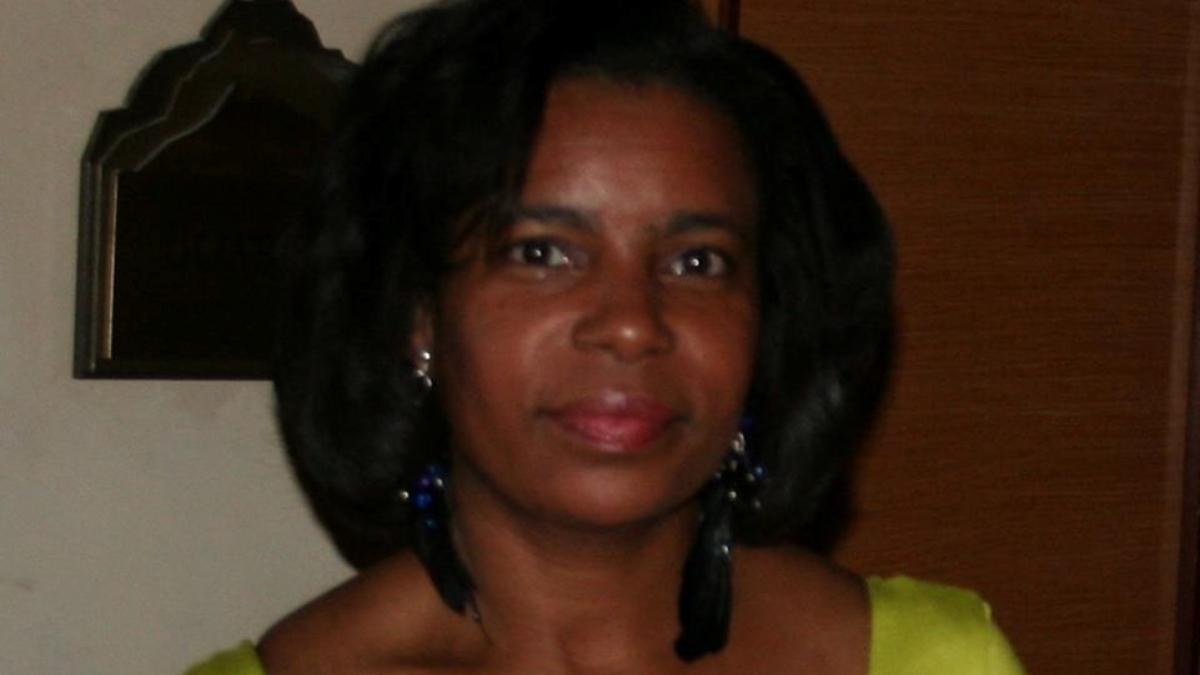Have you ever lost someone or something you were emotionally attached to? Yes, you have. Every human being experiences loss and the pain of it. Perhaps your loved one who died or moved away. It could have been the relationships you lost due to divorce. Or maybe your job ended. And then there are the major changes brought on by the pandemic.
Losses occur in many ways. Yet each takes an emotional toll and requires the process of bereavement to truly let go.
“We live. We love. We lose. Family, friends, money, lovers, material things go away. Every time…it hurts. In every case, we need to mourn. Grieving the loss of a significant emotional attachment is the only true way to move on.”
–Glen Alex in Living In Total Health, Emoting With Intelligence Chapter
How Grief Can Look
How? You may ask. Let me first say that each person’s grief process is different, appropriately so. Some cry frequently. Others don’t cry much. Some get angry or depressed. Others still smile. Some need extra time to heal. Others heal as they engage in their normal activities. Some reminisce about the dearly departed. Others say nothing about them. You are unique, an individual with your own thoughts, feelings, emotional responses, and needs. It is okay for your bereavement to look like no one else’s.
A client recently initiated therapy because she felt “off”. She was on leave from work because she was moving and thinking more slowly than usual, had low energy, was unmotivated, was sad sometimes, and couldn’t focus. This client was a healthcare worker who worked in a hospital that had a high number of COVID-related deaths, including one ICU patient she attached to.
This client was unknowingly grieving. Though she didn’t cry much or exhibit the “normal” signs of grief, she was in bereavement.
My Personal Grief
I personally experienced painful losses and in a relatively short period of time. My cousin who was 5 days older than me transitioned in 2009, my mother in 2010, my sister-in-law in 2013, and my brother Kenny later in 2013. He passed away in my arms. This blog’s pic is of me in the throes of my grief. And years later, I still cry for them.
July 4th is my late brother Kenny’s birthday. In 2020, my family celebrated with a virtual paint party. We laughed and enjoyed our tribute to him. This year on his birthday, I missed Kenny more than ever and cried much of the day.
Just know that grief occurs in waves yet tends to wane over time. And even though the grief process is individual in nature, there are a few tools that will help you through your pain.
PEACE
The PEACE process helped me restore mental and emotional balance and enjoy living again and again.
Patience
Being patient with yourself is priority #1. To heal, you must give yourself grace to experience what you experience when you experience it. Judging yourself as weak or emotional or crazy only serves to retard you and does not help the healing process in any way.
Emotions
Understand that your emotions may run the full gamut. Anger, sadness, fear, joy, love are all on the table of grief. The more open you are to them then the smoother your process will be. Humans emote and your emotions can be beneficial. Dismissing them is never helpful.
Acceptance
People die. Situations end. Change happens. These are facts of the Human Condition. The more you accept these life truths, then the smoother your bereavement will go. Resisting and railing against these facts of life will do much more harm than good.
Contain
Containing your emotions is about managing them effectively. You can decide when and how long you will cry, be sad, or reminisce. While these things seem to have a life of their own, you are in control of how they impact you. I recommend that you allow yourself to cry or be sad or reminisce for a period of time when you are safe, e.g. not driving 80mph on the freeway.
Empathy
Be your own best friend. Yeah, you empathize with loved ones going through a tough time. You are patient, understanding, and compassionate with their pain. Your grief process needs you to be that way with yourself. Empathize with your own pain. Allow yourself to be human and empathize with self.
Loss is painful. Grieving your loss is not only natural to humanity, it is required for you to truly let go and move on. And for me, grieving is about the process of moving what is no longer physically present, person or thing, into a special place in your heart. And understand that your bereavement process may be different from others, so don’t force yourself to exist in their box. You are an individual. Use the PEACE method to cope.


